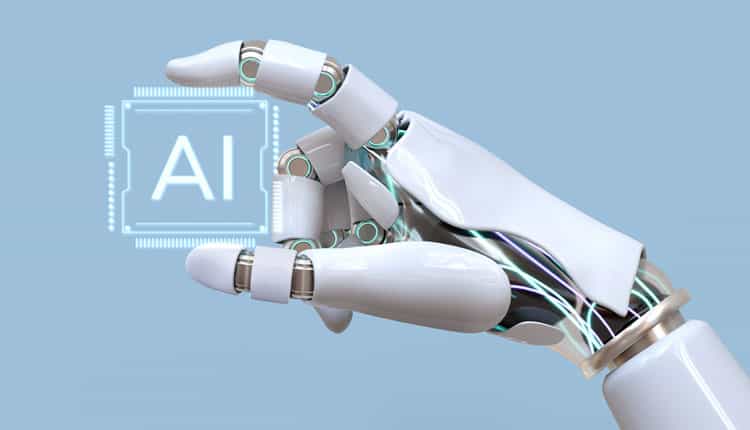AI nowadays plays an important role in everyone’s life as technology has the potential to alter how we live, work, and play. Even the corporate world has been using it successfully in business to automate tasks completed by people. It has been assumed that AI is capable of doing jobs in several fields far more effectively than humans. AI technologies frequently finish work fast and with relatively few mistakes, especially when it comes to repeated, detail-oriented activities, like analysing a lot of legal documents to make sure key fields are filled in correctly. AI may provide businesses with insights into their operations that they may not have known because of the enormous data sets it can process.
AI is being utilised at an increasing rate in human resources to guide decisions around hiring, employee retention, and employee growth. In addition to automating administrative activities like payroll and benefits, AI is also being used to quickly create new contracts, job descriptions, interview questions, and other documents.
Expressing his view on the topic, Kunal S., general manager, OD consulting and facilitation, Marching Sheep, said, “In today’s fast-paced world, the role of artificial intelligence (AI) in transforming HR practices cannot be overstated. As an HR consultant, I have witnessed firsthand the remarkable impact of AI on resolving HR operations with efficiency and effectiveness, while still maintaining a human touch.
One area where AI has truly revolutionised HR is talent acquisition. With the help of advanced algorithms and machine learning, AI-powered recruitment tools can analyse countless resumes, identifying the cream of the crop and conducting initial screenings. This not only saves valuable time but also ensures that HR professionals can focus on building meaningful connections with potential candidates. Moreover, AI-driven chatbots have become invaluable in enhancing employee engagement. These intelligent bots provide instant responses to employee queries, fostering open communication and improving the overall employee experience.
Additionally, AI-based analytics tools have empowered HR departments to extract valuable insights from employee data, enabling data-driven decision-making for talent management, performance evaluation, and succession planning. With AI as a strategic partner, HR professionals can optimise their operations, allowing them to focus on strategic initiatives and creating a more productive and engaged workforce.”
Hiring people is one key area where AI has had an impact on HR practices. Numerous resumes may get sorted by using AI-powered systems, which can also pick out the best prospects and carry out preliminary interviews using chatbots or virtual assistants. Removing any potential prejudices, not only saves time but also guarantees a more impartial examination of applications. By examining historical data, AI can now also anticipate staff attrition, enabling proactive retention measures and lowering turnover rates. It is observed that AI also improves the employee onboarding process by offering resources and training plans that are specifically catered to the needs of each employee.
Adding to same, Mr. Vipin Vindal, CEO, Quarks Technosoft said, “Artificial Intelligence (AI) has revolutionised various industries, and human resources (HR) is no exception. In today’s world, AI is transforming HR practices, streamlining operations, and bringing unprecedented efficiency to the field. With its ability to analyse vast amounts of data, identify patterns, and automate repetitive tasks, AI is reshaping the way HR departments operate, enabling them to focus on strategic initiatives and enhance employee experiences. AI also contributes to fostering a positive work environment by detecting patterns related to employee well-being. It can analyse communication patterns, sentiment analysis, and other data to identify potential burnout or stress factors. HR teams can then intervene proactively, offering support or adjusting workloads to maintain a healthy work-life balance.”
In today’s fast-paced world, organisations are turning to AI to transform HR practices and resolve HR operations with unparalleled efficiency and effectiveness. AI supports career development and talent management. It can examine employee performance data, spot skill gaps, and provide appropriate options for training or development. In order to maintain a consistent stream of potential leaders, HR departments may use AI to develop data-driven strategies for succession planning as well.



